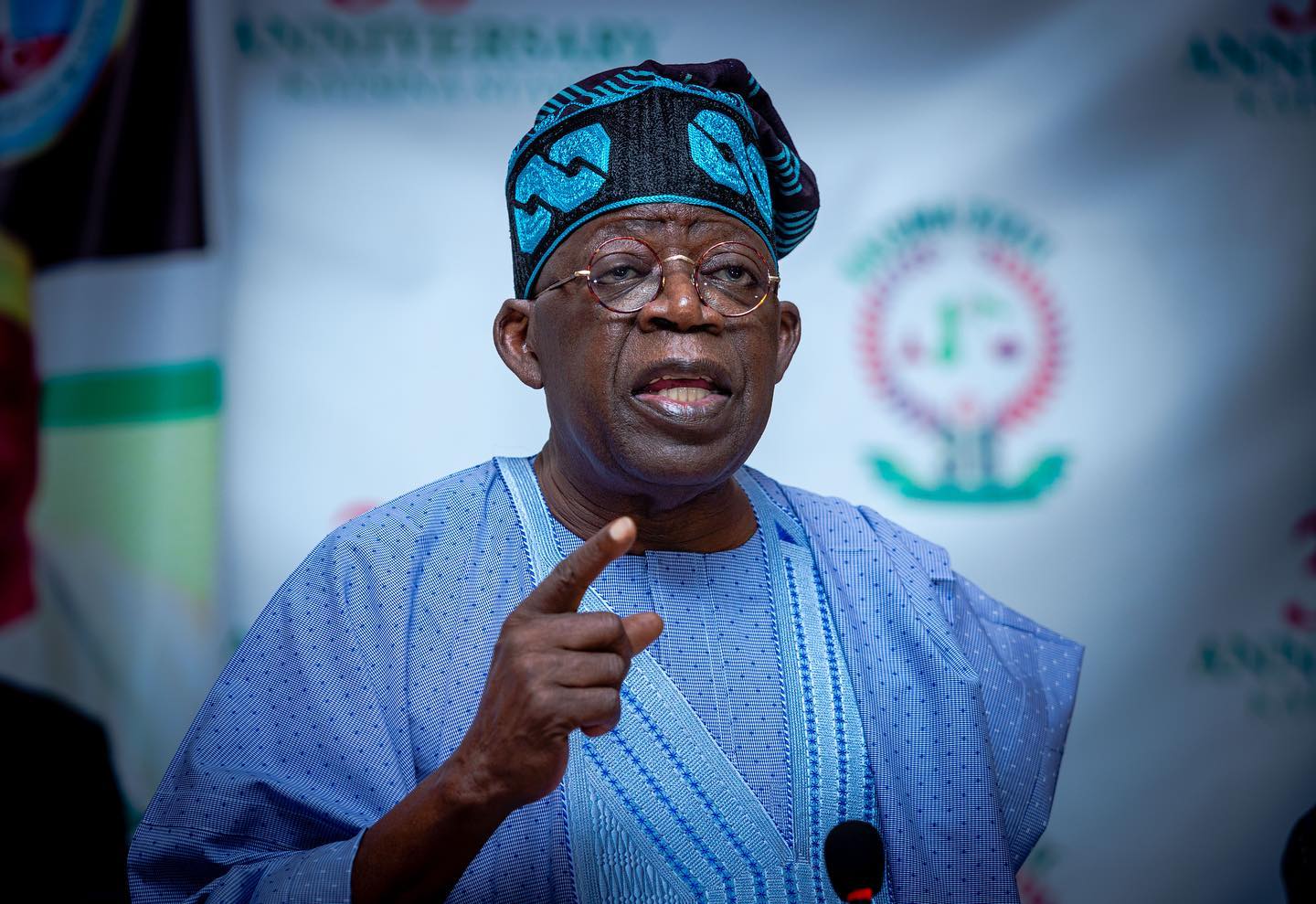President Bola Ahmed Tinubu has directed a comprehensive review of the deductions and revenue retention practices employed by Nigeria’s key revenue-generating agencies, aiming to enhance public savings, improve spending efficiency, and free up resources for growth.
This directive, announced during the Federal Executive Council (FEC) meeting in Abuja on Wednesday, pertains to the Federal Inland Revenue Service (FIRS), Nigeria Customs Service, Nigerian Upstream Petroleum Regulatory Commission (NUPRC), Nigerian Maritime Administration and Safety Agency (NIMASA), and the Nigerian National Petroleum Company Limited (NNPC).
The Minister of Finance and Coordinating Minister of the Economy, Mr. Wale Edun, indicated that President Tinubu specifically requested a reevaluation of NNPC’s 30 per cent management fee and the 30 per cent frontier exploration deduction established by the Petroleum Industry Act (PIA).
He instructed the Economic Management Team, led by Edun, to deliver actionable recommendations to FEC regarding the most effective way forward.
The President noted that this directive is part of ongoing efforts to uphold reforms that have eliminated economic distortions, restored policy credibility, enhanced resilience, and increased investor confidence.
He explained that these reforms have fostered a transparent and competitive business landscape that appeals to local and foreign investors in essential sectors like infrastructure, oil and gas, health, and manufacturing.
Reiterating the Renewed Hope Agenda, Tinubu stressed that Nigeria’s ambition of achieving a $1 trillion economy by 2030 necessitates an annual growth rate of at least seven per cent starting in 2027, which he characterised as “not merely economic, but a moral imperative,” as higher growth is the best approach to combat poverty.
He referenced the July 2025 IMF Article IV report, which he claimed supported Nigeria’s economic direction and underscored the need for investment-driven growth.

Spotlighting grassroots empowerment, the President mentioned the Renewed Hope Ward Development Programme — an initiative covering all 8,809 wards across the nation — aimed at elevating economically active individuals through micro-level poverty alleviation strategies in collaboration with states, local governments, and private sector partners.
Edun reported that macroeconomic indicators are showing improvement, with a more stable exchange rate, decreased inflation, increasing revenues, and debt-to-GDP ratios now within a manageable range. He described savings as the bedrock of investment and stated that the President’s directive seeks to swiftly enhance public sector savings by reassessing deductions and retention practices.
In addition, Edun reported that he presented two memoranda to the Council — a $125 million financing proposal from the Islamic Development Bank for infrastructure projects in Abia State, which includes 35 kilometres of roads in Umuahia and 126 kilometres in Aba; and a strategy to refinance ₦4 trillion in outstanding electricity sector obligations.
The resolution of electricity debt will be carried out in phases, with the initial phase anticipated within three to four weeks under the oversight of the Debt Management Office and other relevant agencies.


 Trending
Trending 
